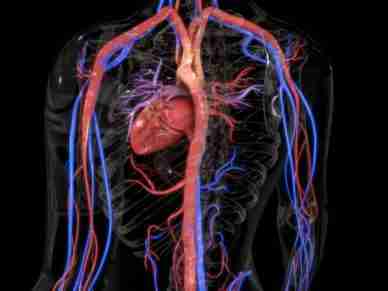What Works and What Doesn’t

Methamphetamine addiction is a severe concern that affects individuals, families, and communities. The desperate struggle to quit meth is often intensified by the pervasive misconception that addiction is solely a matter of willpower.
However, meth addiction help is available for those seeking to overcome this life-threatening habit. In this article, we will explore the treatment options available for meth addiction, highlighting what works and what doesn’t.
1. Seeking Professional Assistance
One of the most effective methods of dealing with meth addiction is seeking professional assistance. Treatment centers staffed with experienced professionals offer comprehensive programs aimed at helping individuals overcome their addictions. These programs typically include detoxification, individual counseling, group therapy, behavioral therapies, and aftercare support.
2. Behavioral Therapies
Behavioral therapies have proven to be highly beneficial in addressing meth addiction. Cognitive-behavioral therapy (CBT) is a widely used approach that helps individuals identify and change negative thinking patterns and behaviors associated with drug use. Contingency management involves rewarding individuals to motivate them to abstain from drug use by providing incentives such as vouchers or privileges.
3. Medication-Assisted Treatment (MAT)
Medication-Assisted Treatment (MAT) can be an effective tool in supporting recovery from meth addiction. Drugs like bupropion, naltrexone, and modafinil have shown promise in reducing cravings and decreasing the likelihood of relapse.
4. Support Groups
Engaging with support groups can play a crucial role in sustaining recovery from meth addiction. Whether it’s Narcotics Anonymous or other 12-step programs tailored specifically for methamphetamine addiction, being part of a group allows individuals to share experiences, gather strength from others on the same journey, and learn coping mechanisms essential for long-term sobriety.
5. Remaining Cautious about Quick Fixes
While searching for help online or within communities may reveal numerous quick-fix remedies promising easy solutions, it’s essential to approach these with caution. Many of these claims are unfounded and lack scientific evidence supporting their validity. It’s important to consult with healthcare professionals or addiction specialists before pursuing any treatment options that seem too good to be true.
6. Preventing Relapse
Prevention is a key aspect of maintaining long-term recovery from meth addiction. Relapse prevention strategies, such as identifying triggers, developing coping mechanisms, and creating a positive support system, can significantly reduce the likelihood of returning to drug use.
7. What Does Not Work
Despite various approaches being effective in treating meth addiction, some methods should generally be avoided due to their ineffectiveness or potential harm. For example, attempting to quit alone without professional guidance often leads to relapse. Moreover, using another drug as a substitution strategy, commonly known as self-medication or replacement therapy, carries its risks and may hinder recovery progress.
8. Holistic Approaches
In addition to traditional methods, holistic approaches can be valuable in treating meth addiction. These approaches encompass various alternative therapies like yoga, meditation, acupuncture, and art therapy. While they may not be standalone solutions, their inclusion in a comprehensive treatment plan can support physical and emotional healing and promote overall well-being.
9. Family Education and Therapy
Involving family members in the treatment process is crucial for long-term success in meth addiction recovery. Family education helps loved ones understand addiction dynamics and develop healthy communication strategies. Family therapy sessions enable individuals to heal damaged relationships, address underlying issues within family dynamics, and establish a supportive home environment conducive to sobriety.
10. Continued Follow-Up Care
Sustaining recovery from meth addiction often requires ongoing care beyond initial treatment programs. Continuing care and aftercare services provide critical support in maintaining sobriety post-treatment. These may include regular counseling or therapy sessions, participation in support groups, vocational training or educational programs, and access to resources for relapse prevention.
Conclusion
Overcoming meth addiction requires courage and commitment. Seeking professional help through treatment centers that offer comprehensive programs proves highly effective for many individuals battling this challenging addiction. Incorporating behavioral therapies like cognitive-behavioral therapy and participating in support groups further enhances the chances of successful recovery. While it is essential to remain cautious about quick fixes and widely advertised remedies lacking scientific evidence, preventative measures and relapse prevention strategies can greatly contribute to long-term sobriety.
















Leave a Reply